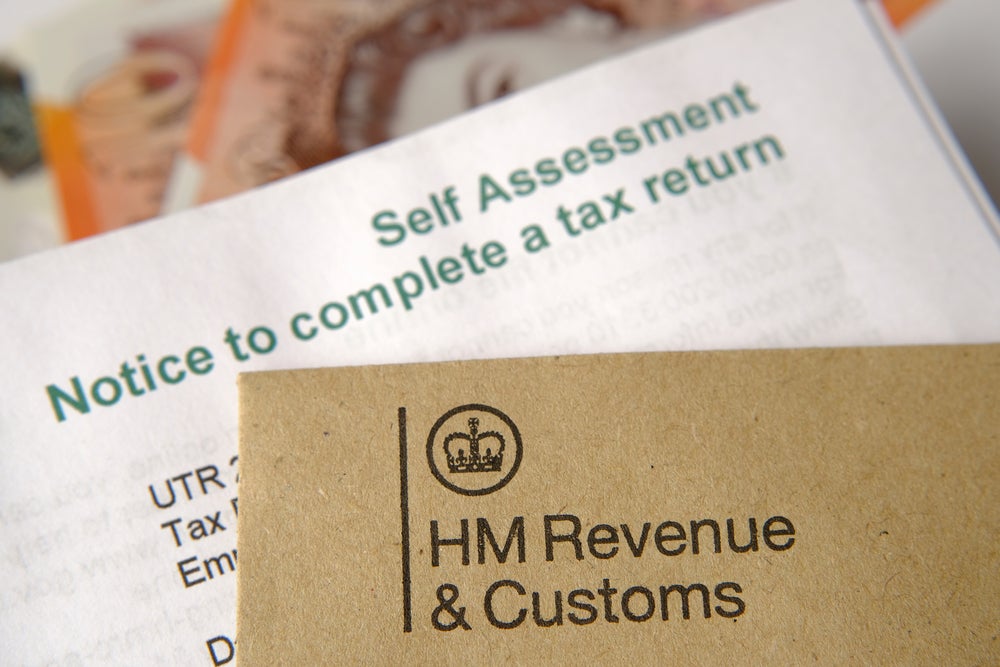Robust regulatory changes are
necessary to create a fairer and more transparent audit market,
according to recommendations by the UK House of Lords. The
Accountant examines some of the key areas in the
report.
Regular mandatory tendering of
audit contracts
House of Lords (HoL): Recommends
that FTSE 350 companies carry out a mandatory tender of audit
contract every five years. The audit committee should be required
to include detailed reasons for their choice of an auditor in their
report to shareholders.
Non-audit
services
HoL: A complete
ban on audit firms carrying out non-audit work for clients whose
accounts they audit is not justified. The committee recommended
that a firm’s external auditors should be banned from providing
internal audit, tax advisory services and advice to the risk
committee.
Living wills
How well do you really know your competitors?
Access the most comprehensive Company Profiles on the market, powered by GlobalData. Save hours of research. Gain competitive edge.

Thank you!
Your download email will arrive shortly
Not ready to buy yet? Download a free sample
We are confident about the unique quality of our Company Profiles. However, we want you to make the most beneficial decision for your business, so we offer a free sample that you can download by submitting the below form
By GlobalDataHoL: The
government’s introduction of living wills for the Big Four auditors
would lay out all the information the authorities would need to
separate the good from the failing parts of an audit firm so
disruption to the financial system from a collapse is
minimised.
Regulators are too
fragmented
HoL: The
regulation of accounting and auditing in the UK is fragmented with
manifold overlapping organisations and functions. Wider powers
sought by the Financial Reporting Council would go some way to
simplifying and streamlining matters for audit but further impetus
needs to be given to rationalisation and reform.
IFRS a rules-based
standard
HoL: IFRS is more
rules-based than UK GAAP. IFRS might be limiting auditors’ scope to
exercise prudent judgment. The government and regulators should not
extend application of IFRS beyond the larger, listed companies
where it is already mandatory. Continued use of UK GAAP should be
permitted elsewhere.
Risk committee
advisers
HoL: Recommends
every bank should have a properly constituted and effective risk
committee. It should be up to the external auditor to ensure that
this is done, by making clear that if it is not, the auditor will
say so in a qualification to the accounts.
Public sector work and the
Audit Commission
HoL: The report
recommends that the government should make greater efforts, within
EU procurement rules, to enable non-Big Four firms to win public
sector work. The report also states the abolition of the Audit
Commission could provide an opportunity to increase competition and
choice in the audit market.
Recommendations to the
OFT
HoL: The committee
makes several references to the Office of Fair Trading (OFT),
recommending it looks at several issues, including restrictive bank
covenants, the role and scope of an auditor, unlimited liability
and the provision of non-audit services.
INDUSTRY
REACTION
IFRS
BDO audit partner James Roberts
agrees with the findings of the House of Lords report that IFRS
might be limiting auditors’ scope to exercise prudent judgment.
“In terms of reliability and
prudence, IFRS has gone to the slightly wrong side in a bid to get
greater relevance. Our view is accounting has become overly complex
in financial reporting sense,” Roberts said.
But ACCA chief executive Helen
Brand warned the Lords’ criticisms and its effect on audit quality
are “misguided and could have potentially serious implications
internationally”.
According to Brand, the
recommendations from the report need further clarification.
“It is important to note that the
specific IFRS weakness identified s – around expected rather than
incurred loan losses – is already being remedied,” she said. “The
recommendation UK GAAP should be continued ignores the fact the key
accounting standards in UK GAAP – on financial instruments – are
virtually identical to existing IFRS.
CPA Australia CEO Alex Malley also
disagreed with the criticism of IFRS.
“The Lords have failed to
acknowledge the market has moved on since 2008. Since IFRS was
introduced in 2005, stakeholders have become more familiar with
it,” Malley said.
ICAEW head of financial reporting
Nigel Sleigh-Johnson added: “The report focuses of course on audit
not financial reporting, and I don’t think it provides sufficient
evidence for the assertions IFRS is ‘an inferior system’ and there
should be no extension of mandatory IFRS reporting here.”
OFT
investigation
The report has recommended an
investigation by the UK Office of Fair Trading (OFT) to examine
restrictions of competition, conduct a market study of restrictive
bank covenants and several other issues such as additional auditor
assurance to investors.
PwC head of UK public policy
Pauline Wallace said she is “disappointed” the report has decided
to recommend an investigation by the OFT because she said the
market is already very competitive.
Grant Thornton UK partnership
oversight board chairman Steve Maslin is also sceptical about what
the investigation will entail.
Maslin says he welcomes
recommendations for a detailed investigation by the OFT, but is
concerned about the OFT’s current perception.
“The OFT enquiry must, at the very least, lead to the banning of
‘Big 4-only’ clauses in bank agreements, which nearly all
commentators, including the four larger firms, say are wrong. If
not, it will show the UK regulatory framework in a poor light, with
lots of regulators conducting lots of toothless reviews.”






